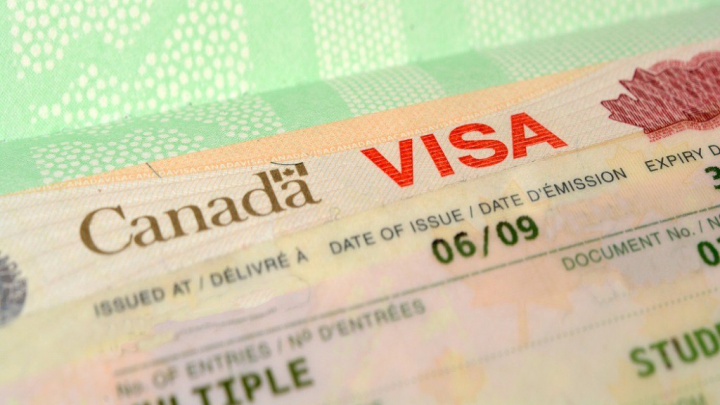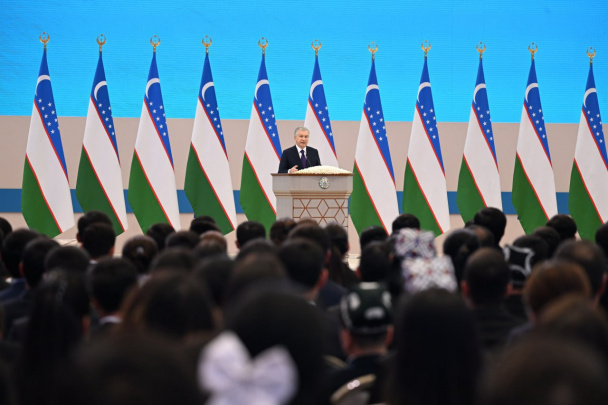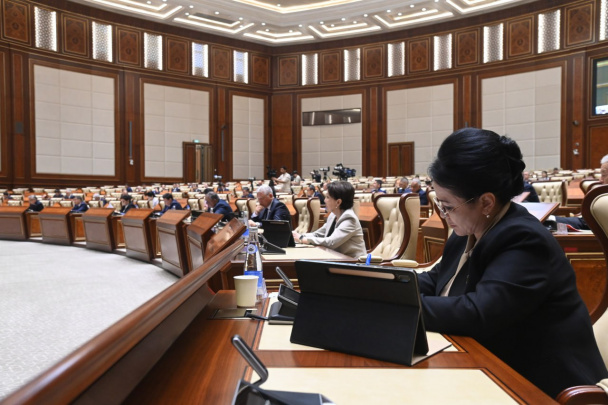Canada's strict requirements halt Uzbek worker placements
In March 2024, Uzbekistan’s Ministry of Employment announced that Canada was offering 5,000 job openings. During a press conference held on January 17, a Kun.uz reporter asked the Migration Agency how many Uzbek citizens had been sent to work in Canada.
Azimjon Husanov, Deputy Director of the Migration Agency, mentioned that Canada’s requirements were very strict but left the question unanswered. In response to Kun.uz's inquiry, the Agency’s press service clarified that over 30,000 applications were submitted for jobs in Canada based on last year’s announcement. Among them, the profiles of the 100 most qualified candidates were forwarded to Canada for review.
“Unfortunately, all 100 candidates were rejected after consideration,” the statement read.
Azimjon Husanov explained that negotiations are ongoing to ease Canada’s strict requirements.
“I studied, worked, and lived in Canada myself. You know, if someone is a highly qualified specialist, they can apply for immigration visas without our assistance. But when we investigated the situation, we found the contract conditions to be extremely difficult. For example, even a plumber is required to have a university degree and an IELTS score of 7.5. That’s why we are currently working with employers...
Initially, Germany also had similar requirements. They used to ask for a C1 language certificate, but after negotiations, it was reduced to B2, and now we are working to lower it further to B1. We are trying to do the same with Canada. The only reason we are unable to work directly and quickly with Canada is the absence of our diplomatic mission or embassy in the country,” said the Deputy Director of the Migration Agency.
He added that offices of the agency are expected to open in Germany and Japan in the coming weeks. He also noted that measures have been strengthened regarding guarantor obligations for workers sent to Korea who leave their workplaces illegally.
“No agreement exists”
Several months after the Ministry of Employment announced the availability of 5,000 vacancies in Canada, a Kun.uz reporter asked Alan Hamson, who was Canada’s ambassador to Central Asia at the time, about the issue during an interview. The former ambassador stated that no agreement had been reached so far.
“When I was appointed to my role and arrived in Tashkent in January to present my credentials, I met with government representatives, including the leadership of the Ministry of Poverty Reduction and Employment. Many issues were discussed during those meetings. However, a few months later, around March or April, reports emerged claiming that an agreement had been reached to send Uzbek citizens to work in Canada. I want to note that these reports are not true. Currently, there is no such agreement between the two parties,” said Alan Hamson.
Earlier, Kun.uz reported plans to open an Uzbek Consulate General in Canada, which has been included in the draft state program for 2025.
Recommended
List of streets and intersections being repaired in Tashkent published
SOCIETY | 19:12 / 16.05.2024
Uzbekistan's flag flies high on Oceania's tallest volcano
SOCIETY | 17:54 / 15.05.2024
New tariffs to be introduced in Tashkent public transport
SOCIETY | 14:55 / 05.05.2023
Onix and Tracker cars withdrawn from sale
BUSINESS | 10:20 / 05.05.2023
Latest news
-
Uzbekistan’s permanent population nears 38 million
SOCIETY | 20:08
-
Mirziyoyev and Putin discuss further strengthening trade and economic ties
POLITICS | 20:05
-
Uzbekistan showcases digital progress and media reform at WSIS+20
SOCIETY | 19:13
-
IELTS in Uzbekistan temporarily shifts to computer-only format after suspected answer leaks in paper-based tests
SOCIETY | 19:11
Related News

13:19
Uzbekistan looks to ease visa process for Canada, Argentina, and Australia

17:01 / 30.06.2025
Gov’t to launch a new program to identify and train next generation of public sector leaders

16:36 / 30.06.2025
Uzbekistan approves new program to employ high school graduates who don’t enroll in university

14:42 / 26.06.2025



